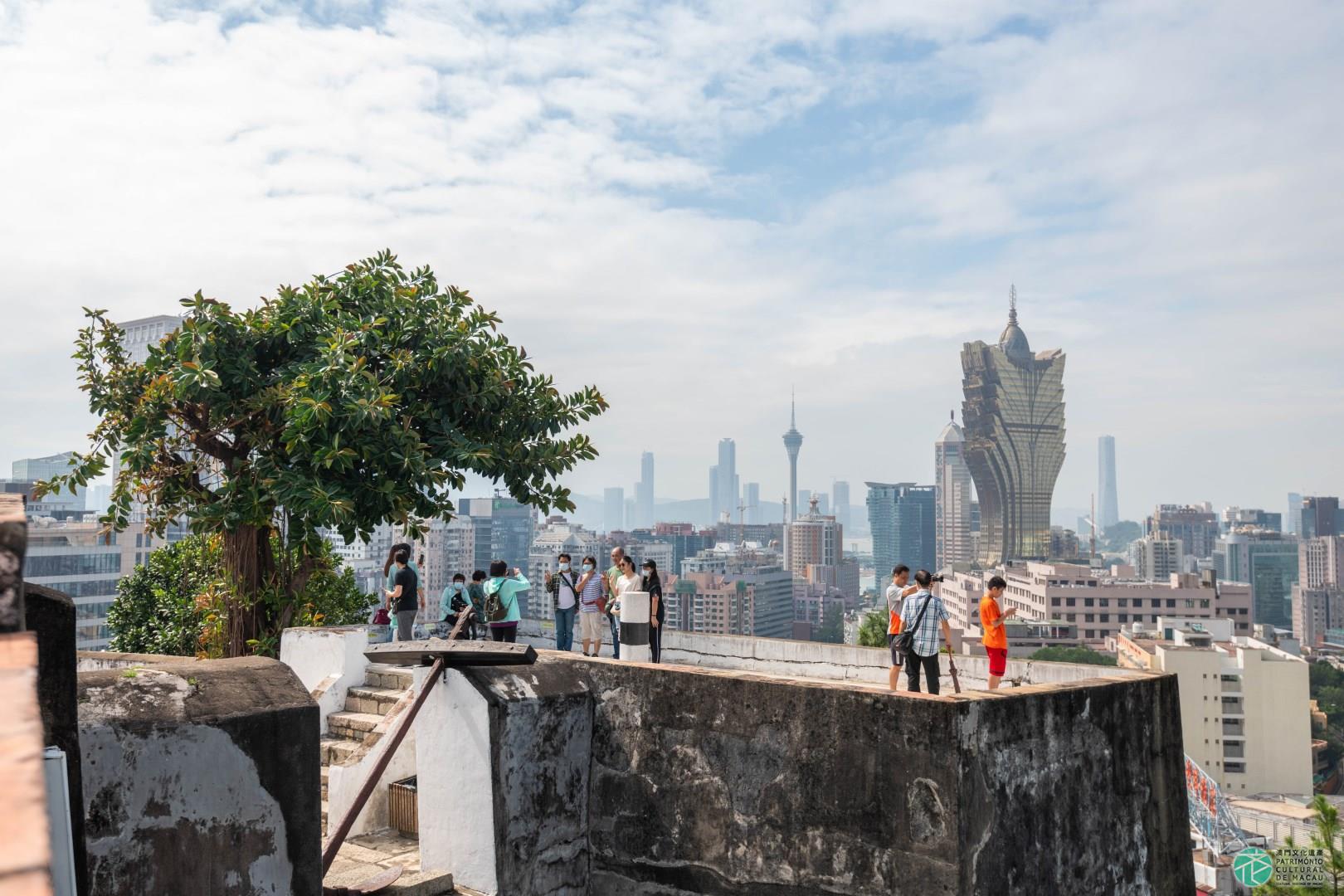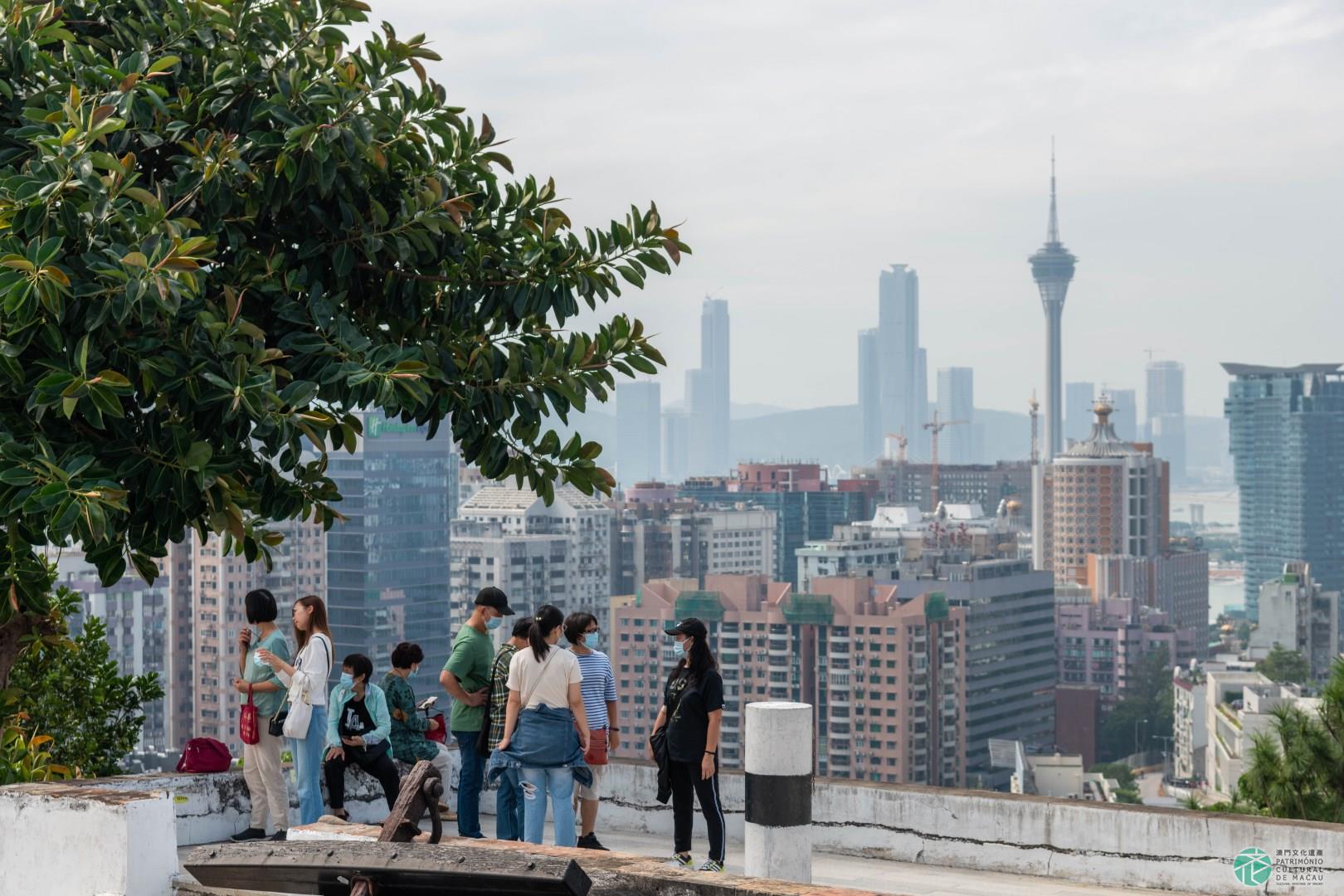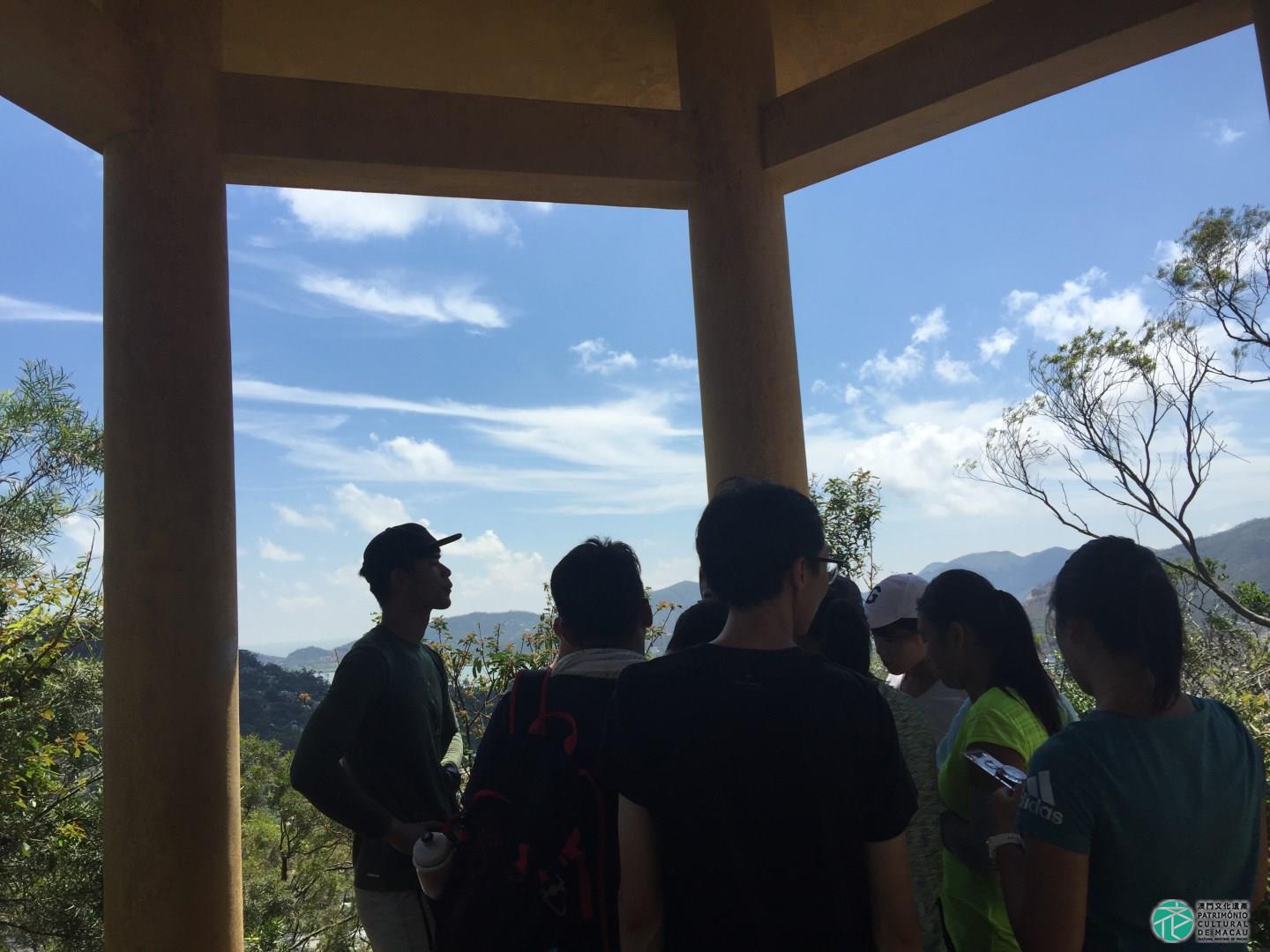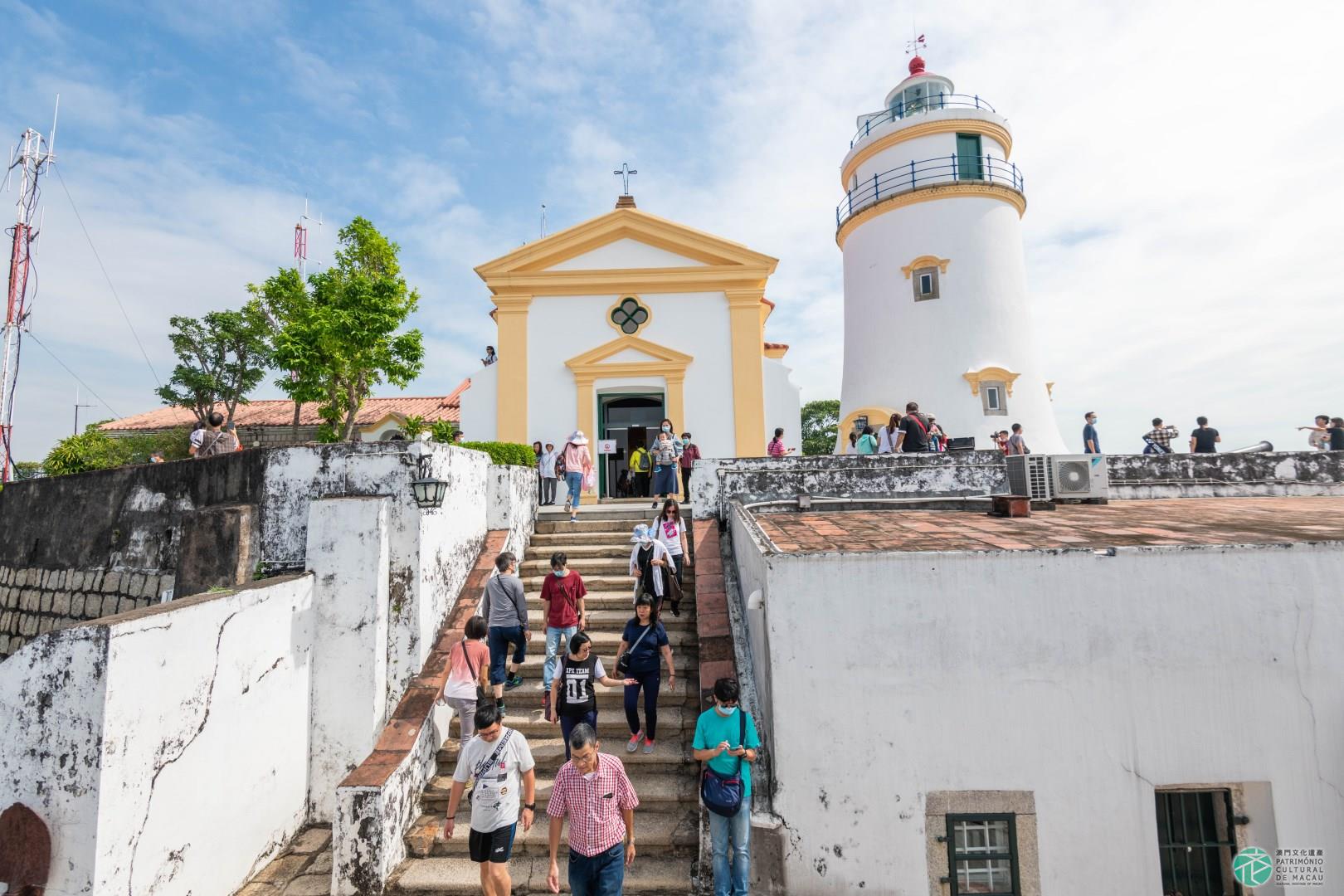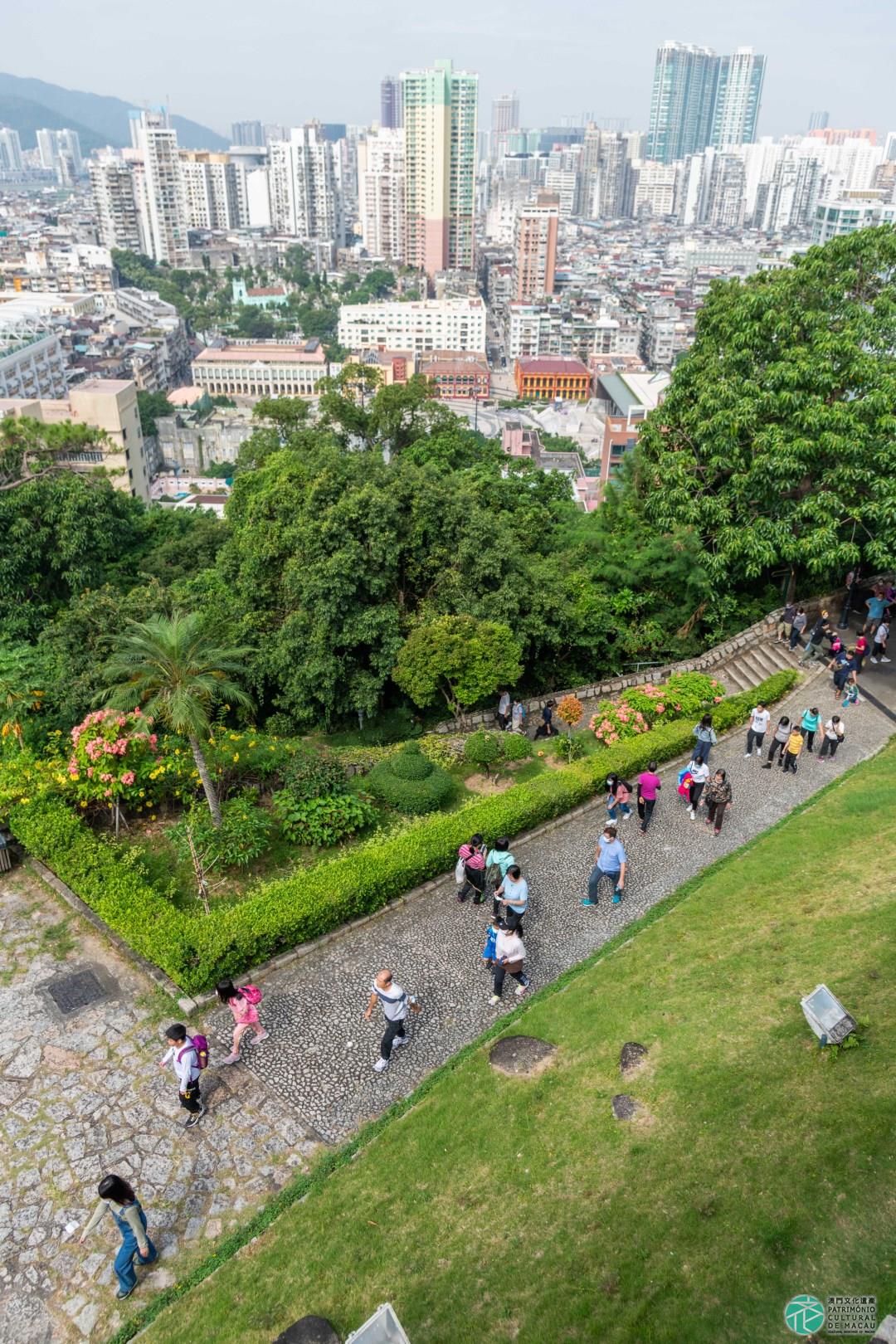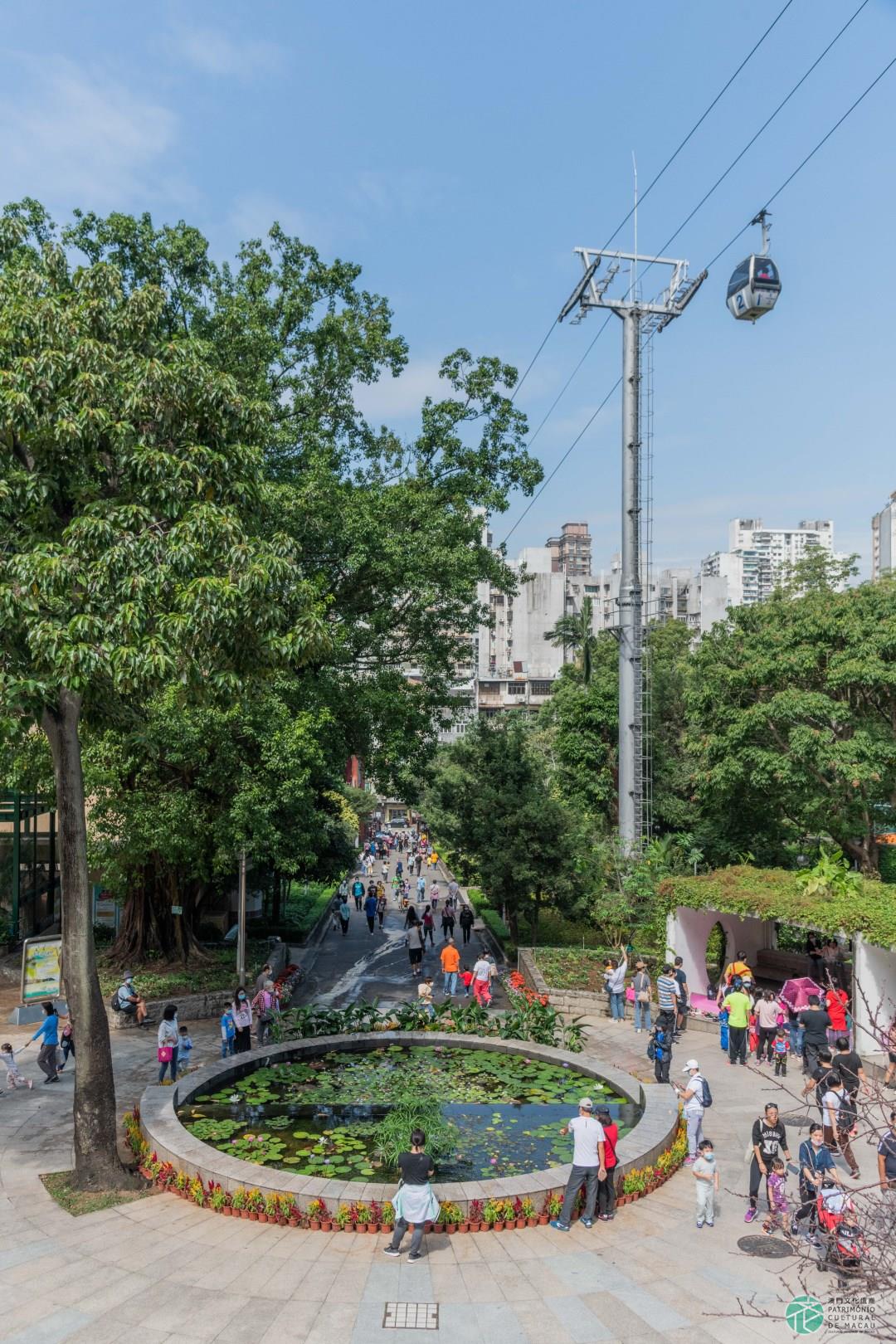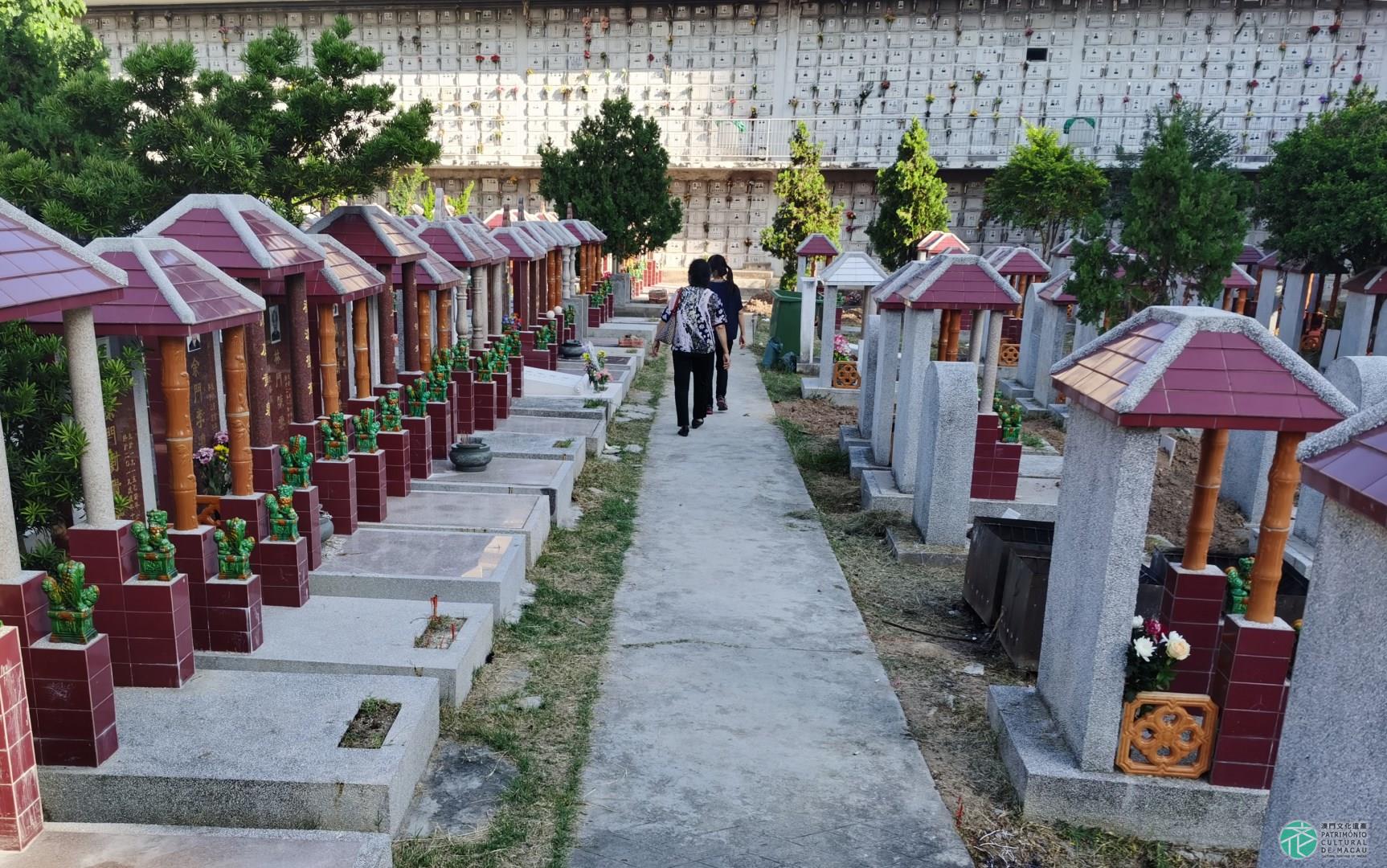Introduction:
The Chong Yeong (Worship of the Ancestors) falls on the 9th day of the ninth lunar month, and is also popularly known as the “Day of Hill-climbing” and the “Double Ninth Festival”. It’s believed that the origin of this occasion is related to the tale of “Heng Jing’s defeat of pestilence” of the Eastern Han Dynasty, in which it is said that Heng Jing defeated an epidemic at the time, by climbing up to the top of a hill, searching for treatments. As such, this day has great cultural value, also because it represents prevention against adversity and evil spirits. In Macao, the Chong Yeong, together with the Cheng Ming (Day of the Departed) are occasions dedicated for paying respects to ancestors, also focusing more on respect on the elderly. Traditional customs include climbing hills for good blessings, with sightseeing walks and the appreciation of chrysanthemums. In some communities, it is also still practiced the tradition of eating special cakes (e.g., cakes made of Paederia scandens).
Conservation Status:
With a long-standing tradition in Macao, the Chong Yeong (Worship of the Ancestors) corresponds to one of Macao’s public holidays. During the occasion, there are usually chrysanthemum displays in gardens and parks and, in elderly homes, there are various activities, including a dinner gathering and a tea party s for the elderly. This occasion is also usually chosen by local schools and associations for organizing sightseeing tours and hiking activities.
Heritage Value:
The Chong Yeong (Worship of the Ancestors) is one of the oldest and most traditional festivals of Macao, also representing the transmission and continuity of the traditional Chinese culture of Macao. The traditions and customs associated with this celebration are also of significant value for the study of local folk culture. At the same time, the values that are inherent to this tradition also reflect some of the main traditional virtues and social ethics, that are much valued within the Chinese nation.

